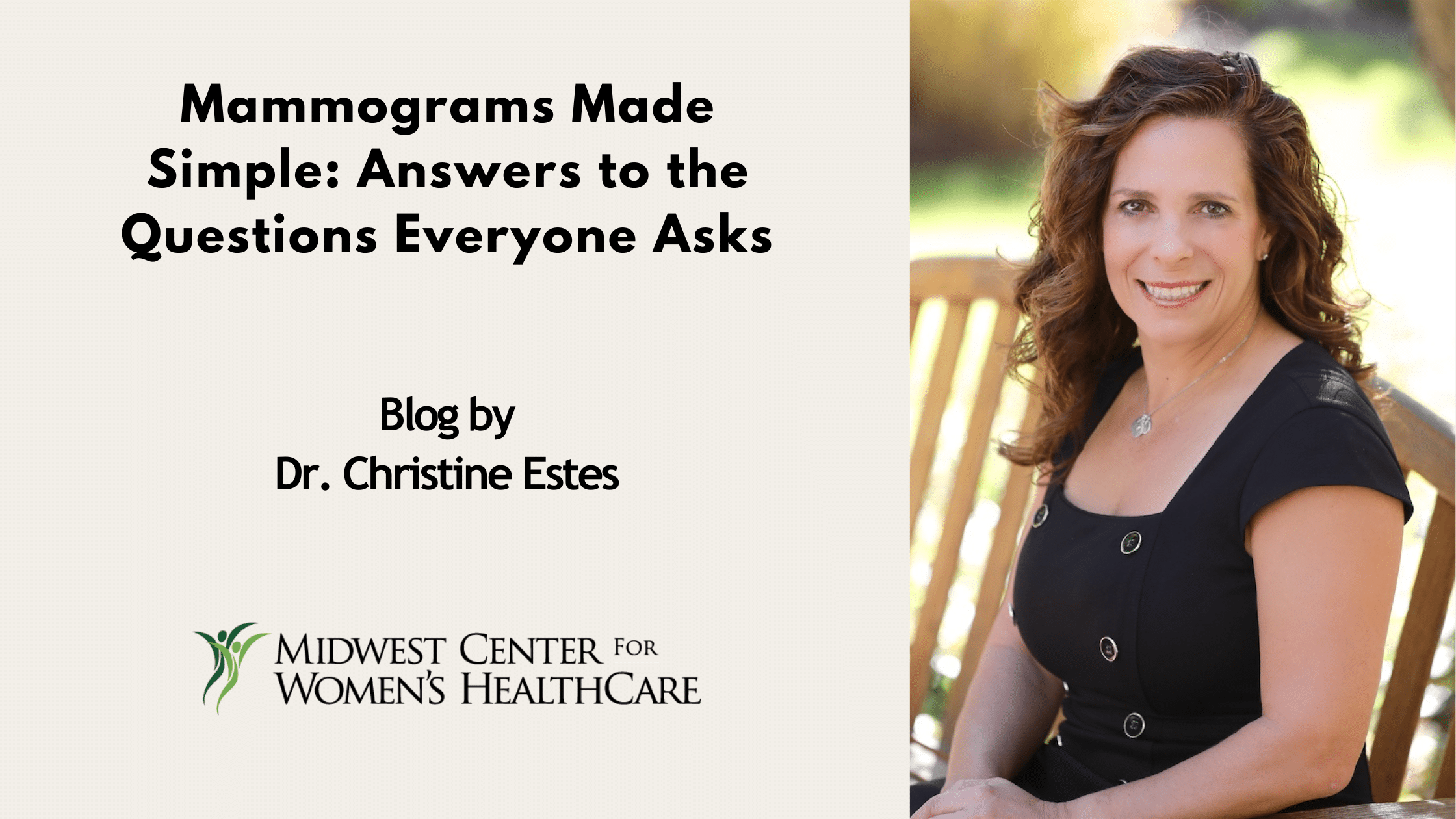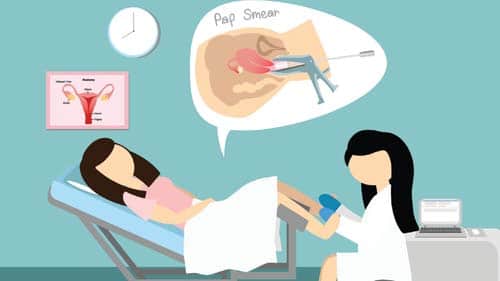Prioritizing Your Mental Well-Being
Maintaining strong mental wellness is important for women at every stage in life. Mental wellness is a balance of physical, emotional, and mental health. Being aware of your emotions, thoughts, and behaviors, and knowing how to deal with stress and life changes is key to managing your mental wellness. Our moods, physical health, and social connections help us cope better with adversity and unexpected hurdles. Together, they contribute to our sense of well-being and our mental health.

Am I at risk of a mental health disorder?
Mental health issues can affect women at any stage of life, from adolescence through menopause and beyond. Women face a unique set of challenges and stressors. For many women, life transitions such as puberty, pregnancy, childbirth, menopause, and aging can significantly impact their mental health. These transitions often come with hormonal fluctuation, physical changes and shifting roles, making women more vulnerable to mental health issues. These factors can significantly impact mental health and increase the risk of developing mental health disorders.
Pregnancy and the postpartum period are well-known for being vulnerable times for mental health issues, such as depression and anxiety. However, mental health concerns like depression, anxiety disorders, eating disorders and trauma-related disorders can profoundly impact women’s lives at any age and stage of life. Mental health screening can help identify these issues early on and lead to needed appropriate support and treatment.
Untreated mental health issues can escalate over time, leading to more severe symptoms and an increased risk of complications. By identifying mental health concerns early on, mental health professionals such as a psychologist, psychiatrist, or clinical social worker can intervene before problems escalate, to help women get the support they need.
Symptoms of Mental Health Disorders
Some common symptoms of mental health disorders include:
- Persistent sad, anxious, or “empty” mood
- Feelings of hopelessness or pessimism
- Anger or irritability
- Feelings of guilt, worthlessness, or helplessness
- Noticeable changes in mood, energy, or appetite
- Difficulty sleeping or oversleeping.
- Appetite or weight changes (or both)
- Misuse of alcohol, drugs, or both
- Decreased energy or fatigue
- Excessive fear or worry
- Seeing or hearing things that are not there
- Extremely high and low moods
- Aches or pains, headaches, cramps, or digestive problems without a clear physical cause and/or that do not ease even with treatment
- Social withdrawal
- Thoughts or behaviors that interfere with work, family, or social life
- Loss of interest or pleasure in hobbies and activities
- Moving or talking more slowly
- Feeling restless or having trouble sitting still
- Difficulty concentrating, remembering, or making decisions
- Thoughts of death or suicide, or suicide attempts
Mental Health Screenings
The American College of Obstetrics & Gynecology has endorsed mental health screening for women of all ages as essential for early detection, intervention, and promotion of long-term mental well-being.
To support our patients, Midwest Center for Women’s HealthCare has partnered with Lifestance, an experienced team of psychiatrists, psychologists, and licensed therapists who offer both in-patient and telehealth appointments. Beginning in May 2024, we are offering a mental health questionnaire to our patients prior to their appointment which will help us support those who may be suffering in silence or unaware that they have symptoms of a mental health disorder.
This screening is optional, but we highly recommend that our patients participate. By offering mental health screenings, we can normalize conversations about mental well-being, creating a safe space for patients to discuss their concerns openly while empowering them to prioritize their mental health alongside their physical health.
About The Author
ANNIE SCHUFREIDER, M.D., F.A.C.O.G.
Dr. Annie Schufreider, a board-certified Obstetrician-Gynecologist and surgeon, earned her medical degree with honors from Loyola University Chicago Stritch School of Medicine and was the Chief Resident at the University of Chicago. Before attending medical school, she graduated Magna Cum Laude with a Bachelor of Arts in Chemistry from the College of the Holy Cross in Worcester, MA. Dr. Schufreider has conducted and published research in Reproductive Endocrinology and Infertility.
Dr. Schufreider sees patients at her Buffalo Grove and Skokie care centers, and she delivers babies and performs surgeries at NorthShore University HealthSystem (Evanston and Glenview Hospitals). Outside the office, she enjoys exploring new eateries, cycling, working out, reading non-fiction, and spending time with her family and friends. To schedule an appointment with Dr. Schufreider, please call 847-499.2648 or use the self-scheduling links provided below.





